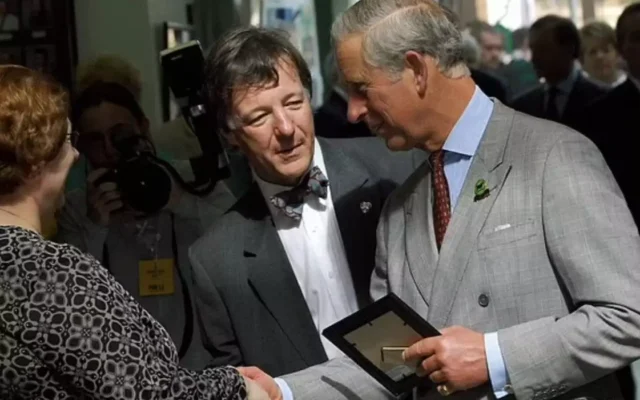
The British Royal Family’s association with homeopathy spans generations, weaving a fascinating thread through the tapestry of the monarchy’s history. This long-standing relationship, marked by patronage and personal use, has solidified homeopathy’s place within British society, particularly its upper echelons.
The story begins in the 19th century with Queen Victoria, a monarch known for her embrace of modern advancements. Intrigued by the burgeoning field of homeopathy, a gentler alternative to the often-harsh conventional medicine of the time, Queen Victoria became a patron of the London Homeopathic Hospital in 1852. This royal seal of approval bestowed a level of legitimacy upon homeopathy, encouraging its acceptance among the British public.
Queen Victoria’s interest in homeopathy was not merely symbolic. She and her family utilized homeopathic remedies throughout their lives, even employing a personal homeopathic physician, Dr. Frederick Quin. Dr. Quin accompanied the Queen on her travels, highlighting the importance she placed on having access to homeopathic care. Royal patronage continued through succeeding generations, with King Edward VII and King George V both lending their support to homeopathic hospitals and institutions.
This royal connection to homeopathy has continued into the modern era, most notably with King Charles III. A long-time advocate for holistic and alternative medicine, King Charles has consistently championed homeopathy throughout his life. His interest, like Queen Victoria’s, stemmed from a desire to explore gentler, more natural approaches to health and well-being.
King Charles’s support for homeopathy extends beyond personal use. He has been a vocal proponent for the integration of complementary and alternative medicine, including homeopathy, into mainstream healthcare. As Prince of Wales, he served as patron of the Faculty of Homeopathy, demonstrating his commitment to supporting the profession and its practitioners.
The then-Prince Charles also established The Foundation for Integrated Health in 1993, an organization dedicated to exploring the role of complementary medicine in healthcare. This foundation, later renamed The College of Medicine, reflects his belief in a more holistic approach to health, one that considers the individual as a whole and explores a variety of therapeutic options.
King Charles’s advocacy for homeopathy has manifested in tangible ways. He has spoken publicly about the benefits he has experienced from homeopathic treatment, further raising its profile and sparking public interest. His patronage of various homeopathic organizations has provided them with invaluable support and recognition, contributing to their continued work.
The Royal Family’s historical connection with homeopathy extends beyond individual monarchs. Princess Diana, known for her compassion and humanitarian work, also showed an interest in alternative therapies, including homeopathy. This suggests a broader acceptance and utilization of homeopathy within the Royal Family, solidifying its presence within their health practices.
The British Royal Family’s enduring relationship with homeopathy is significant for several reasons. It reflects a long-standing tradition within the monarchy of exploring and embracing alternative approaches to health and well-being. Their patronage has undoubtedly contributed to the acceptance and popularity of homeopathy in British society, particularly among those seeking alternative or complementary approaches to healthcare.
While the scientific evidence for homeopathy remains a subject of debate, the Royal Family’s continued support highlights its enduring presence within British culture. Their openness to exploring diverse approaches to health, including homeopathy, encourages a broader conversation about healthcare choices and the potential benefits of incorporating complementary therapies into a holistic approach to well-being. The story of the British Royal Family and homeopathy offers a fascinating glimpse into the intersection of tradition, personal belief, and the evolution of healthcare practices over time.
